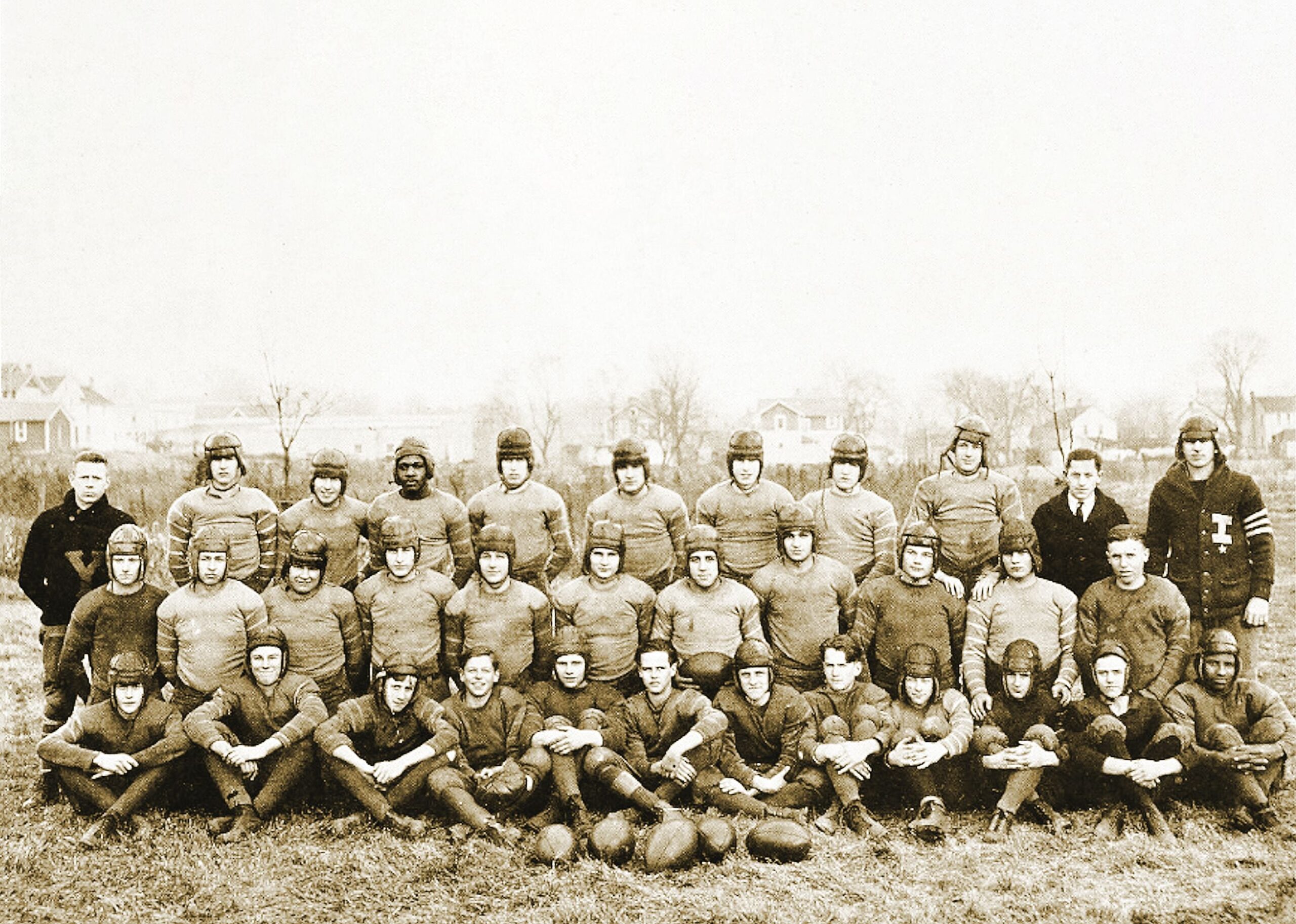Lifestyle
Celebrating Dixon’s Rich History: Milestones from 1825 to 1925

Dixon, Illinois, is marking significant historical milestones this year, reflecting on its rich past through various stories that reveal the community’s evolution. These narratives encompass notable events from the establishment of local institutions to remarkable achievements in sports. While major anniversaries often receive the most attention, every historical moment contributes to Dixon’s identity and deserves recognition.
Key Milestones and Their Significance
Throughout its history, Dixon has experienced numerous milestones that highlight the community’s development. The past serves as a reminder of the resilience and spirit of its residents. In 1825, when Dixon was still a nascent area within Illinois, it was home to Native Americans led by Chief Black Hawk. The region was largely unsettled compared to other parts of the state, with the first stagecoach trails arriving just a few years later. By 1830, John Dixon had established a ferry service across the Rock River, paving the way for future growth.
Fast forward to 1925, when the Dixon Dukes football team, then known as the Dixon Union football team, achieved a remarkable season under the guidance of Coach A.C. Bowers. The team concluded the season with an impressive record of seven wins, no losses, and one tie. Notably, they allowed only two points throughout the entire season, showcasing a dominant defense that kept opposing teams at bay. This achievement remains a cherished part of Dixon’s sports legacy.
Significant Developments in Infrastructure
As Dixon grew, so did the need for improved public facilities. In the late 19th century, the city witnessed a population surge, prompting significant construction projects. In 1900, the city’s population reached 7,917, a 53.4% increase from the previous decade. The following year marked the completion of the new courthouse and library, both vital for community services. The courthouse, designed by architect Charles E. Brush, was built at a cost of $124,204, while the library, with financial backing from local benefactors Theron Cummins and O.B. Dodge, opened its doors on February 16, 1901, to serve a burgeoning population.
The establishment of Rock River University in 1875 further highlighted Dixon’s commitment to education. Transitioning from the Dixon Female Seminary, the university welcomed both men and women and offered a diverse curriculum. Although it operated for only five years, it played an essential role in the educational landscape of the time.
Local Governance and Community Organization
The mid-19th century also brought about changes in local governance. In 1840, residents in rural areas surrounding Dixon lacked the amenities of local government, which were plentiful for those within city limits. This gap was addressed in 1848 when the county was divided into eight townships, each with elected officials to cater to local needs. Palmyra Township was established in the northwestern corner of the county, while Dixon Township emerged shortly thereafter, shaped by the community’s growing administrative requirements.
Reflecting on these milestones reveals how Dixon has evolved over the years. The stories of the past, from educational institutions to sports achievements, shape the identity of the community today. As Dixon approaches its 250th anniversary in 2026, these historical narratives remind residents of their shared heritage and the importance of preserving their legacy for future generations.
-

 Science2 months ago
Science2 months agoToyoake City Proposes Daily Two-Hour Smartphone Use Limit
-

 Health3 months ago
Health3 months agoB.C. Review Reveals Urgent Need for Rare-Disease Drug Reforms
-

 Top Stories3 months ago
Top Stories3 months agoPedestrian Fatally Injured in Esquimalt Collision on August 14
-

 Technology2 months ago
Technology2 months agoDark Adventure Game “Bye Sweet Carole” Set for October Release
-

 World2 months ago
World2 months agoJimmy Lai’s Defense Challenges Charges Under National Security Law
-

 Technology3 months ago
Technology3 months agoKonami Revives Iconic Metal Gear Solid Delta Ahead of Release
-

 Technology3 months ago
Technology3 months agoSnapmaker U1 Color 3D Printer Redefines Speed and Sustainability
-

 Technology2 months ago
Technology2 months agoAION Folding Knife: Redefining EDC Design with Premium Materials
-

 Technology3 months ago
Technology3 months agoSolve Today’s Wordle Challenge: Hints and Answer for August 19
-

 Business3 months ago
Business3 months agoGordon Murray Automotive Unveils S1 LM and Le Mans GTR at Monterey
-

 Lifestyle3 months ago
Lifestyle3 months agoVictoria’s Pop-Up Shop Shines Light on B.C.’s Wolf Cull
-

 Technology3 months ago
Technology3 months agoApple Expands Self-Service Repair Program to Canada









